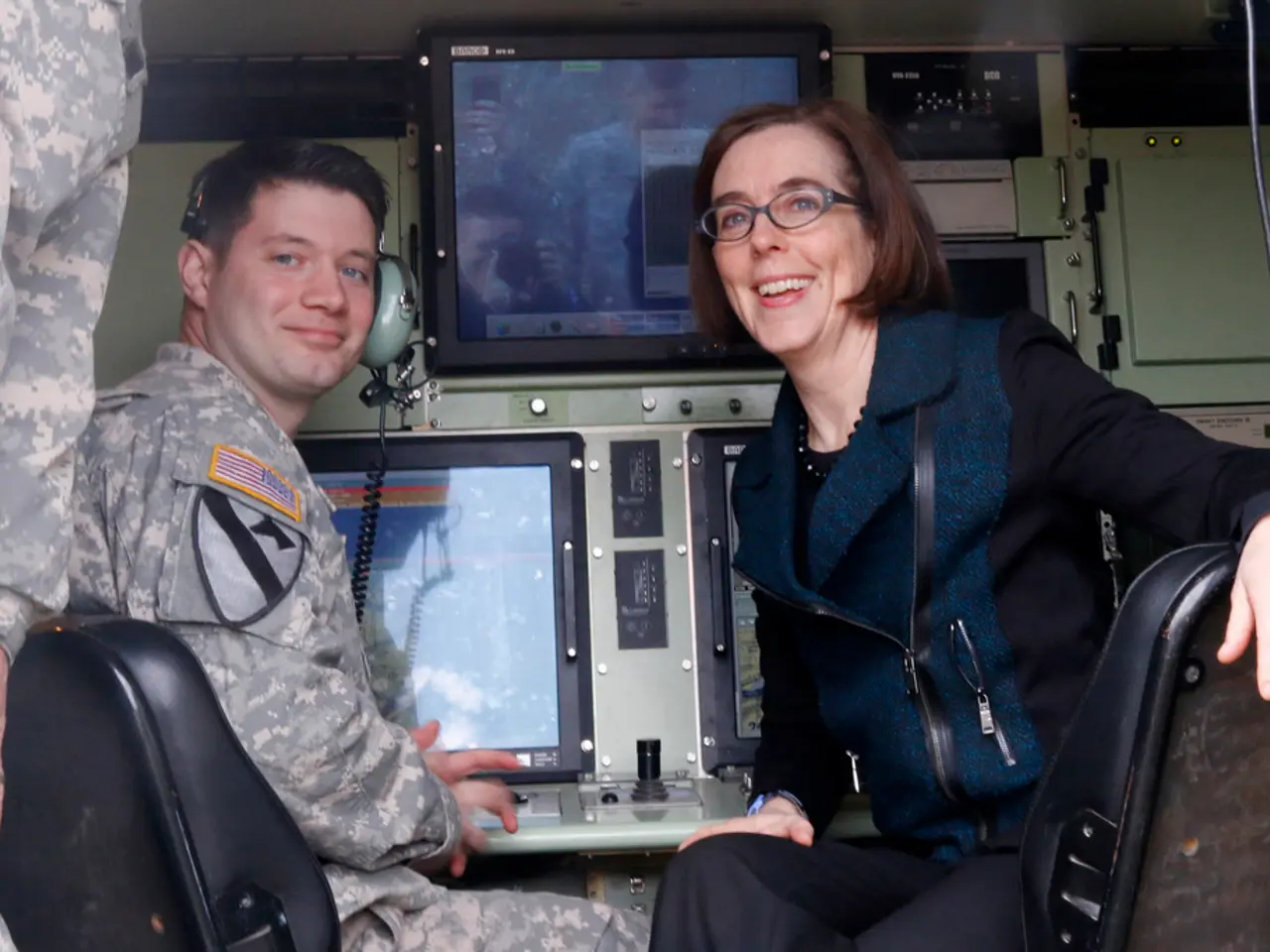Strategies for Aviators to Combat Job-Related Exhaustion and Emotional Exhaustion
Pilot Fatigue: A Serious Concern in Aviation
Pilot fatigue is a significant issue in the aviation industry, with various factors contributing to its onset. Apart from long hours spent in the cockpit, interruptions of the circadian rhythm, dull and repetitive tasks, poor health, and heavy physical work can also lead to pilot fatigue [1].
This occupational fatigue can have severe consequences, not only for the pilots experiencing it but also for the crew and passengers on board. Symptoms of pilot fatigue include falling asleep on the job, excessive yawning, bad eyesight, decreased mental sharpness, delayed response time, lowered focus and attentiveness, reduced hand-eye coordination, and a need for more sleep on days off work [2].
Not getting enough quality sleep is a major cause of occupational fatigue for pilots. To combat this, pilots should prioritize quality sleep before and during travel, strategically managing light exposure to adjust circadian rhythms, and maintaining proper hydration [1].
In addition, pilots should avoid heavy meals, excessive caffeine or alcohol, and long naps after arrival to support recovery. Exposure to natural daylight and exercise can help recalibrate the body clock [1].
Operational practices that support fatigue avoidance include ensuring work environments minimize physical and mental demands, using job rotation to reduce monotony-induced fatigue, and nutrition strategies favoring protein-rich foods for alertness while avoiding sugary snacks that worsen sleep quality [4].
Aviation training emphasizes scenario-based practice, effective automation management, and crew resource management to maintain cognitive performance under fatigue risk [3].
Living a healthy lifestyle can also help manage and prevent pilot fatigue. Regular exercise, avoiding strenuous workouts, drinking enough water, and eating a healthy diet are all beneficial. Pilots should also be mindful of their weight, as excess bodyweight can contribute to chronic fatigue [5].
If symptoms of fatigue persist and seem to not improve despite attempts to manage them, it is crucial for pilots to consult a physician [2]. If not addressed, occupational fatigue can lead to accidents, errors, and disasters that could otherwise be prevented [2].
In summary, to mitigate occupational fatigue and its consequences, pilots should carefully manage sleep, light exposure, hydration, nutrition, physical activity, workload design, and employ appropriate training that supports alertness and operational readiness [1][2][3][4]. Pilots should be particularly wary of occupational fatigue due to the potential danger it poses to crew and passengers.
[1] International Civil Aviation Organization (ICAO). (2017). Manual on Aviation Fatigue Risk Management. [2] Federal Aviation Administration (FAA). (2019). Pilot Fatigue: A Guide for Operators. [3] European Aviation Safety Agency (EASA). (2018). Commission Regulation (EU) 2019/633. [4] National Aeronautics and Space Administration (NASA). (2014). Countermeasures for Flight Crew Fatigue. [5] Mayo Clinic. (2021). Weight-loss surgery: Risks and benefits.
In the realm of workplace wellness, particularly in aviation, it is imperative for pilots to prioritize mental health and overall health and wellness to combat the risks of occupational fatigue. Adequate sleep, effective light management, proper hydration, and a balanced diet are crucial factors in maintaining great mental sharpness, focus, and attentiveness during flight [1]. Furthermore, a comprehensive lifestyle approach that includes regular exercise, avoiding strenuous workouts, mindful weight management, and seeking professional help when needed, can go a long way in managing and preventing pilot fatigue, enhancing crew and passenger safety [2].
By adhering to fatigue management strategies emphasized in aviation training, such as scenario-based practice, automation management, and crew resource management [3], and continuously fine-tuning operational practices to minimize physical and mental demands, aviation stakeholders can significantly reduce the risks associated with pilot fatigue [4].




